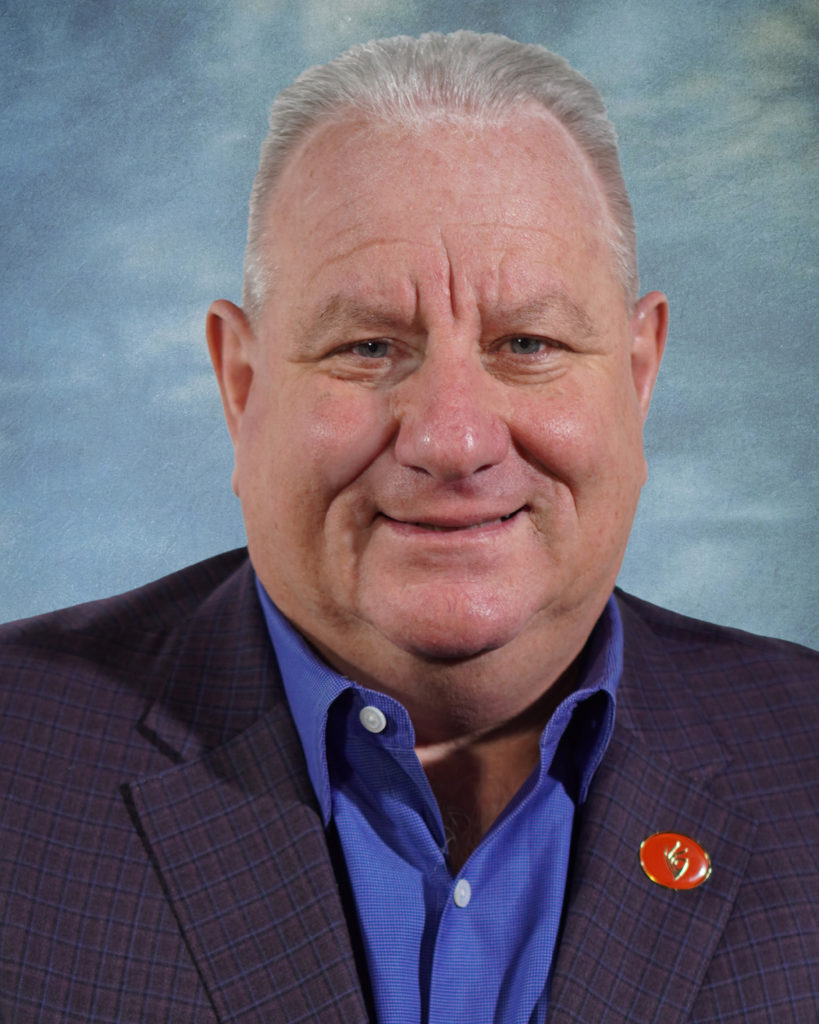5 MINUTES WITH: Stuart Needleman, Chief Commercial Officer, Piramal Pharma Solutions

Chief Commercial Officer and Chief Patient Centricity Officer Piramal Pharma Solutions
DCAT Value Chain Insights’ “5 Minutes With,” part of the DCAT Member Company Community section, features interviews with business and industry leaders on issues impacting the bio/pharmaceutical manufacturing value chain.
This “5 Minutes With” features Stuart Needleman, Chief Commercial Officer and Chief Patient Centricity Officer of Piramal Pharma Solutions, a CDMO of active pharmaceutical ingredients (APIs) and drug products, to discuss key trends/issues impacting the CDMO sector now and in the near term.
Question: What would you identify as the top three issues impacting the CDMO/CMO sector thus far in 2022?
Needleman (Piramal Pharma Solutions): If I had to pick three, I’d say capacity, capacity, and capacity. A large segment of the CDMO segment is sold out for the foreseeable future and capacity expansions don’t happen overnight; they take time. On top of that, many programs are on accelerated timelines, so there’s no relief. One project immediately follows the next, on a schedule that’s built months ahead. Accelerated trials, orphan drug projects, development programs targeting unmet medical needs…they all have a major impact on the scheduling of a CDMO’s pipeline. You also have to factor in programs with fast development to commercialization timelines. So, while it may sound like I am being facetious when I say the top three issues are all capacity, I’m really not.
Another issue, which in many ways is related to capacity, is the well-known supply-chain crisis. While most CDMOs have developed processes and protocols to work around that, many are looking at their global footprint and considering reshoring as an option, driven by their experiences during the height of the COVID-19 pandemic. Globalization is a solid strategy to address these concerns, especially if you’re following a patient-centric business model. All options need to be on the table when you’re committed to developing and manufacturing drugs that help reduce the burden of disease on patients.
Question: Across all industries, inflationary pressures have been an issue—what has been the impact in the bio/pharma industry, particularly in terms of rising energy costs and raw material costs? How is this issue being addressed by bio/pharma companies and their suppliers?
Needleman (Piramal Pharma Solutions): We are doing whatever we can to maximize value in the supply chain and keep costs down. We are even working with clients to see if they can leverage their networks and apply their large-scale purchasing power to the projects they have with us. In some cases, pricing is being adjusted, but there are others where we are contractually obligated to maintain prices. We are also focused on applying principles of operational excellence across the organization to make sure that rising costs are not prohibitive to our clients, such as yield improvements, which can minimize the impact on clients and patients. Integration of raw material supply is an important consideration here as well. We have the ability to produce many raw materials in-house, which potentially gives us the ability to control costs.
We are looking closely at the entire supply-chain paradigm, but it’s important to remember that costs are up elsewhere too. Energy and raw material increases are easy to see, but there’s also significant cost impact on things such as acquiring and maintaining talent and T&E [travel and expense].
Question: The bio/pharma industry as a whole has had to adjust to supply-chain issues during the pandemic and since, which has also provided an opportunity for companies to re-evaluate their supply chains. What are some new approaches /adjustments that the industry has taken in its supply practices thus far and/or are underway? Is a new paradigm in the making, and if so, how?
Needleman (Piramal Pharma Solutions): The key supply-chain challenge is the fact that we cannot easily or quickly substitute materials because we are a regulated industry (especially when product contact or secondary product contact surfaces are at play). We have been able to successfully adapt and overcome this by working with key supply-chain vendors on ordering strategy, working with our clients to assess risk and perform any required work to demonstrate equivalency of the substitute materials, and by thinking outside the box to be compliant yet utilize creativity when it comes to finding alternatives to allow manufacture of critical-need drug products. As mentioned earlier, having an internal raw material capability is particularly beneficial. This type of backward integration allows a CDMO to always be at the front of the line for important raw materials.
In general, we’ve put a lot of effort into supply-chain management, going back to the time before the pandemic. We had seen the historical challenges associated with China and the way their model changed when the government initiated stricter controls on pollution and safety, so we established a China Risk Mitigation Initiative to revamp our global purchasing and sourcing. It paid great dividends during the pandemic.
Question: In taking a longer-term view, how do you see drug development and bio/pharmaceutical outsourcing five years from now? What issues or practices may emerge not currently on the industry’s radar?
Needleman (Piramal Pharma Solutions): It’s likely that there will be more capacity available, for two reasons. First, this is a cyclical business that’s been riding high for a while now, so a dip is certainly possible. Second, many CDMOs are expanding and investing in their facilities right now; we certainly are, with more to come. Consolidation factors in too, with CDMOs being acquired and merged into existing organizations on what seems like a regular basis.
If you want to look at things more specifically, there are some trends we see. Small molecules remain big (pun definitely intended). Even though we are investing in biologics capabilities, statistics show that the majority of drug development is in small molecules.
On the injectables side, we see a trend in the area of biologics and biosimilars for targeted drug therapies with a focus on low-dose volume. We’re seeing quite a bit of activity in nanoparticle-based formulations with biodegradable polymers or lipid-based formulations for better delivery.
On the solid-dosage side, one of the recent trends that we observe is that our customers would like to have a well-developed formulation earlier in development. While some customers still prefer easy-to-dose Phase I formulations, such as neat drug-in-capsule presentations, more customers now prefer a capsule or tablet dosage form that can cover a wide dosage range in Phase I, but also has the ability to accelerate Phase II dosing. This presents unique challenges with respect to batch sizes; we need to develop and optimize formulations and must have enough API available to support it.
Stuart Needleman is Chief Commercial Officer and Chief Patient Centricity Officer of Piramal Pharma Solutions, a CDMO of active pharmaceutical ingredients and drug products. As Chief Commercial Officer, he is responsible for driving all global business development activities for the services business, ranging from discovery services to commercial supply, in both drug substances and drug products. He also functions as Chief Patient Centricity Officer, where he is responsible for ensuring that everyone at the company understands their role in helping to reduce the burden of disease and remains focused on the needs of the patient.



